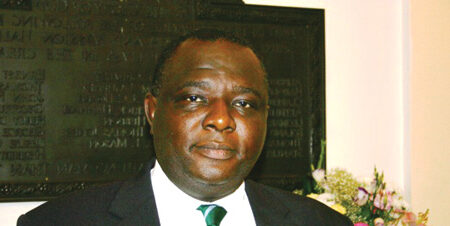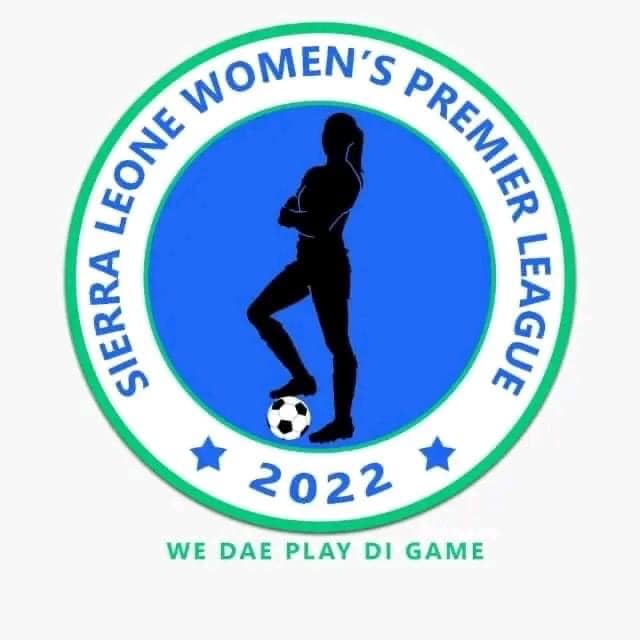By Titus Boye-Thompson, London
Freetown, the capital of Sierra Leone had had a chequered history but nothing is much more permanent than the fact of the Creole contribution to enhancing that place as a modern settlement, or to its eventual development as the focus of British involvement in the entire sub-region of West Africa or the importance of the Creole contribution to the nation state of Sierra Leone, they being the original descendants of the group of freed slaves on whose welfare the province of Freedom was established. In these writings, a short history of the Creoles and their position as a legitimate people of concern to Sierra Leone should be discerned.
When it comes to tribal animosities, it is the Creoles who suffer the most from its more abhorrent connotations and manifestations. This is despite the more vaunted attempts by the Creole community to reach out to the people of this land that we call our Sierra Leone. The Creoles, technically speaking are not a tribe but an agglomeration or a mix of tribes and peoples of African origin and descent. The African DNA is dominant in the Creole genome and for that reason, their historical lineage to what is now Sierra Leone cannot be denied when you consider that this used to be a main feeding ground for slave ships and the slave trade that has blighted these shores.
The historical foundations to Creole development i the Western Area of Sierra Leone notwithstanding, the economic significance of this group to the overall modernisation of the sovereign state owes its primordial anchor to the efforts of Creoles past and present. While one can emphatically state that the Creoles have been mainly responsible for the modernization of the Western Area, this does not in any way deny the existence of the other indigenous tribes of the locality, mainly dominated by the Koya Temnes, the Lokos and Limbas. What is most evidently clear is that the Mendes, while a dominant tribe in the South and East of the country, have ever been a tribe of major settlement significance to the area, other than by recent migration for work and a better way of life occasioned by rural / urban migratory movements. It goes without saying that Freetown was built on the backs of the returned slaves, their children and grand children, their sponsors, benefactors , sympathizers and those who came after them to seek their own fortunes in this province of freedom founded by Vasco da Gama and Pedro da Cintra amongst others.
Colonialism was a period that held its own significance for its time. Throughout that period of establishing a monarchical supremacy over these far flung shores, the British had to engage some very sharp practices to maintain order and accord for its dominance of the “conquered” peoples of these lands. The circumstances of British rule in Sierra Leone is very different from their escapades in other parts of West Africa. Sierra Leone was approached by a business sponsored group, the Sierra Leone Company after it was identified as a suitable destination for the free poor who scattered about in London after the abolition of the Slave Trade. The agreement to resettle the free poor was as much a matter of economics as much as it had charitable intent. The initial vile attacks, vindictive retribution and rejection by those who had previously agreed to provide settlement land led to the arrival of British soldiers to safeguard British “investments.” In the event, colonialism which occurred well after the freed slaves were allowed to return to these lands came as a mechanism to protect the welfare of the Creoles as a precursor to a widening of the economic precepts of colonialism and the strategy to promote British interests of trade and commerce.
The Creoles are therefore a product of Sierra Leone. One thing that many obfuscate with this group of people is that their loyalty to tribe or geneology. Collectively as a people, the Creoles are not a tribe. On the whole, the concept of being a Creole is to subscribe to a way of life, an ethos and a shared objective of convivial living, with respect for the rule of law, progress for the indigenous African and the Judeo Christian ethics of charity and education. Being a Creole is therefore a way of life and not a tribal cohort.
On the reason that being a Creole is not a tribal construct, the people or group widely identified as Creoles have a clearly defined, synchronized way of dealing with issues appertaining to their own welfare. For one, even though the Creoles have pulled back from open political engagement in Sierra Leone, they have done this because of the manner in which the practice of politics has become toxic, life threatening and devoid of ordinary principles of respect for individual rights and the absence of a level of morality that accords for peaceful coexistence amongst the many people now coalesced to tribes ad regions in the political landscape. Having said this, the Creoles are not without a sense of revulsion when they come across or experience a sustained attack on their right to survival, their right to exist within the polity and their right to self-determination as a people. They have had several significant victories even as they have refused to walk the political tightrope ad they continue to make their views heard and felt as and when necessary.
The Krio Descendants Union, KDU have had cause to put out a position press release hovering on the persistent violation on the rights of ethnic krio inhabitants. Their missive is addressed to the establishment in Sierra Leone to address intractable and violent attacks on Creoles in Sierra Leone, attacking their assets and lands, their rights to education and employment and also their rights to self-determination. This article goes beyond this statement of the KDU to address the nefarious misrepresentations and rampant disestablishmentarianism designed to belittle the Creole inheritance in this nation state. The observations of the KDU though late in coming, however characterises a trail of disenfranchisement and destabilisation of the Creole experience in Sierra Leone by a host of policies and decisions that tend to deny them of their rights to actively participate in the political landscape.
The revulsions parlayed by the Creole community generally is exacerbated by two supine factors. First, the attacks have come mainly against highly educated and professional Creole women, a clear case of misogyny. This is exacerbated by the involvement of an unstable political hack of very questionable sanity who claims to be Creole to validate such attacks as founded on merit and not on malice but only because such a validation only serves to accentuate her own avowed prevarication that no other woman should be as noteworthy as she perceives herself to be, a position that many now recognize to be a case of mental instability rather than one of rational thought. The constant derision of our senior Creole women in the likes of Yvonne Aki Sawyerr, Femi Claudius Cole, Lara Taylor Pearce and others cannot be put in the same plane as that of the character assignation and mercenary amplifications of a pernicious self centred character with no class or decency. The second factor needs its own separate expatiation because this attack is inveigled in the guise of a historical dialectic between the Creoles and the Mendes, bringing along a narrative of rivalry and pre-independence disgruntlements on policies that should have been resolved by this time. In the event, as they see themselves coming under such sustained attacks, the Creoles have a right to speak and make their voices heard.













